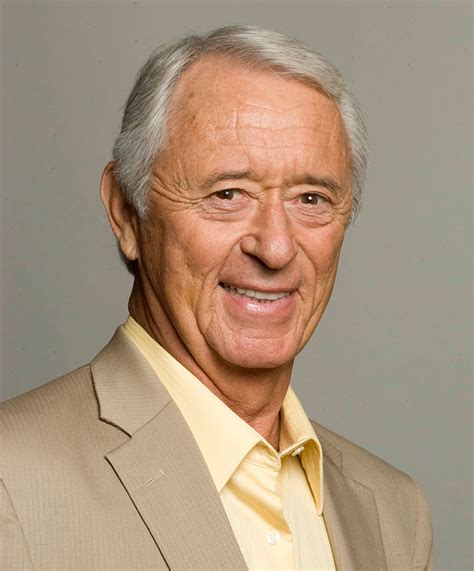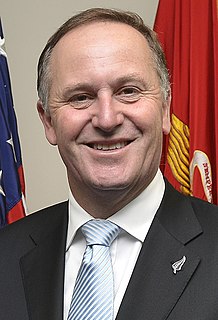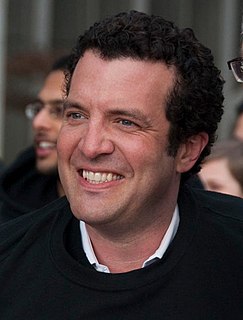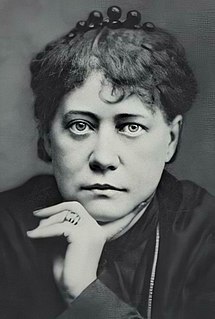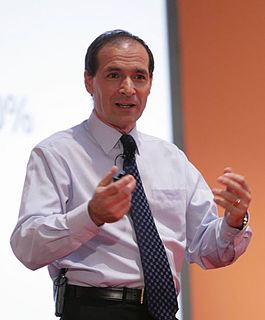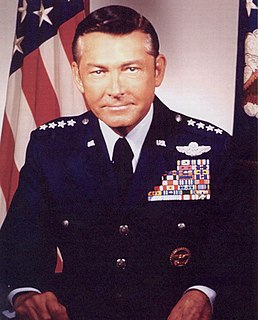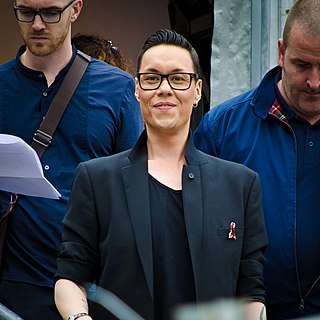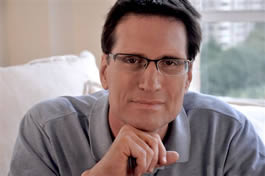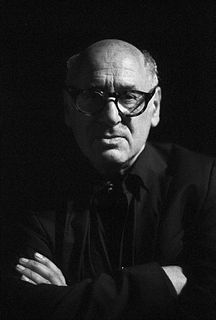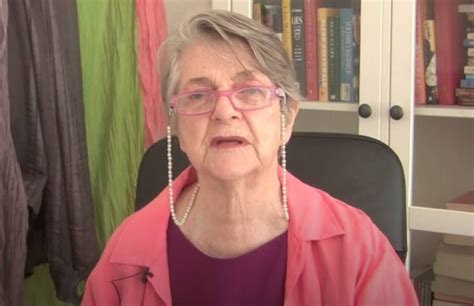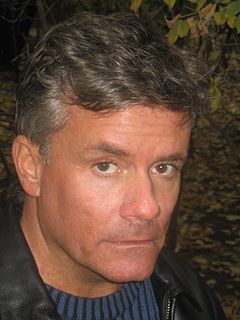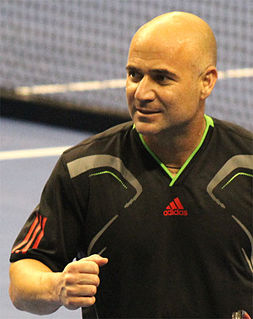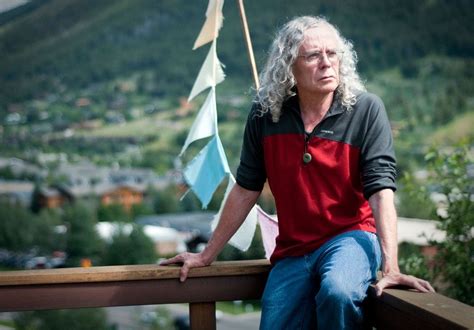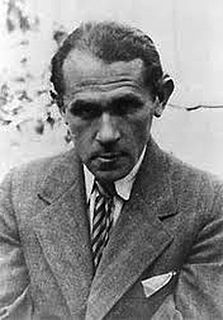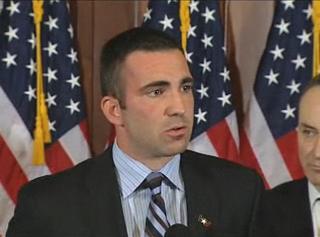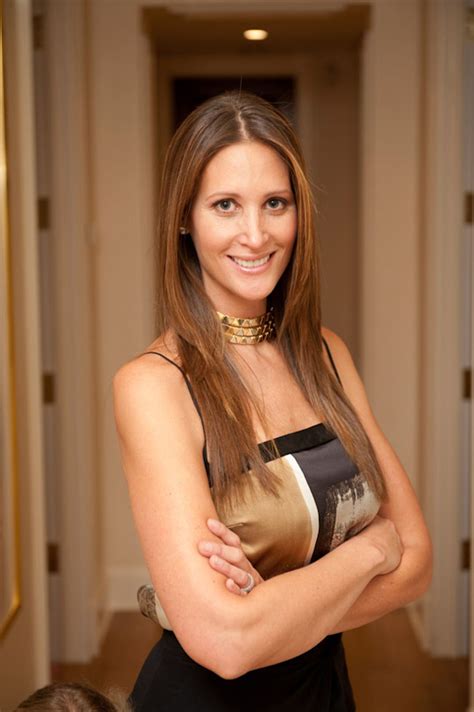Top 1200 Traumatic Events Quotes & Sayings
Explore popular Traumatic Events quotes.
Last updated on April 14, 2025.
It's not just professional athletes and soldiers who are at risk from traumatic brain injury. More than 1.7 million people a year sustain a traumatic brain injury, and about 50,000 of them die each year, according the Centers for Disease Control. There are both emotional and financial costs from these injuries.
Not only is the Universe aware of us, but it also communicates with us. We, in turn, are constantly in communication with the Universe through our words, thoughts, and actions. The Universe responds with events. Events are the language of the Universe. The most obvious of those events are what we call coincidence.
I think the American people recognize is after a decade of war it's time to do some nation building here at home. And what we can now do is free up some resources, to, for example, put Americans back to work, especially our veterans, rebuilding our roads, our bridges, our schools, making sure that, you know, our veterans are getting the care that they need when it comes to post-traumatic stress disorder and traumatic brain injury, making sure that the certifications that they need for good jobs of the future are in place.
Many people believe that decentralization means loss of control. That's simply not true. You can improve control if you look at control as the control of events and not people. Then, the more people you have controlling events - the more people you have that care about controlling the events, the more people you have proactively working to create favorable events - the more control you have within the organization, by definition.
I look back and think of all the times I've had to let things go in the past, and how traumatic it seemed while it was happening, but how my understanding of it changed as time passed - and oftentimes things that seem really difficult and traumatic in the short term seem a lot less difficult and traumatic in the long term. So I remind myself of that.
I don't think my work is so much about opening up wounds. I think it's about understanding the nature of the wound. I'm not bleeding on the canvas. I, like most people, have suffered traumatic events. The character of a person's life is determined by the way they deal with those events. I am a creative person and I deal with it creatively.
Just as an informal, nonscientific observation, most people's personalities don't seem to change very much during their lives. There are exceptions in the case of people who go through hugely traumatic events or suffer from brain injury or disease. Some would argue that religious conversions can have deep personality-altering effects. But these are all exceptions to the rule.
My writing derived from the conviction I conceived during my college years: one should lead one's life as if one were the protagonist of an epic novel, with the outcome predetermined and chapter after chapter of edifying, traumatic, and exhilarating events to be suffered through. Since the end is known in advance, one must try to experience as much as possible in the brief time allotted. Writing is a way of ensuring that you pay enough attention along the way to understand what you see.
It is so important to remember that, as we travel through life, there will be so many events which we can`t control. These are things that seemingly alter our lives forever or become barriers for living a life of fulfillment. It`s important to remember that the ultimate experience of life is not to be controlled by events. We all have difficult events in our lives - the loss of family members, economics, stress, litigation, government interference in our businesses, health challenges. Remember that it is not the events that shape our lives, but, rather, the meaning we attach to them.
News has a way of distancing us from events, even as it informs us about them. News articles almost always present both the event and the responses at the same time - how is President Barack Obama or Congress responding to the events? I think this reflects a deep need we have to feel that things are under control and that events are subject to our influence.
I think we've reached that point where we understand medically what we are doing to ourselves with these sports. In football, it's kind of hard to get the access that you want for the story and, of course, it's very long-term: the effects of the repeat concussions really don't hit until decades afterwards, whereas the traumatic injuries in extreme sports are very immediate. I realized Traumatic Brain Injury was a fascinating and important story that not had been told very much. I wanted to know more.
There`s three sort of fundamental things that happen when someone`s suffering from these issues [post-traumatic stress disorder ]. First, they get intrusive thoughts.The second issue is you become startled quickly.And the third key point is it`s avoidance.Those are the three sort of pillar fundamentals of what we consider post-traumatic stress, not violence against someone who`s close to you. There`s just a huge misunderstanding.






